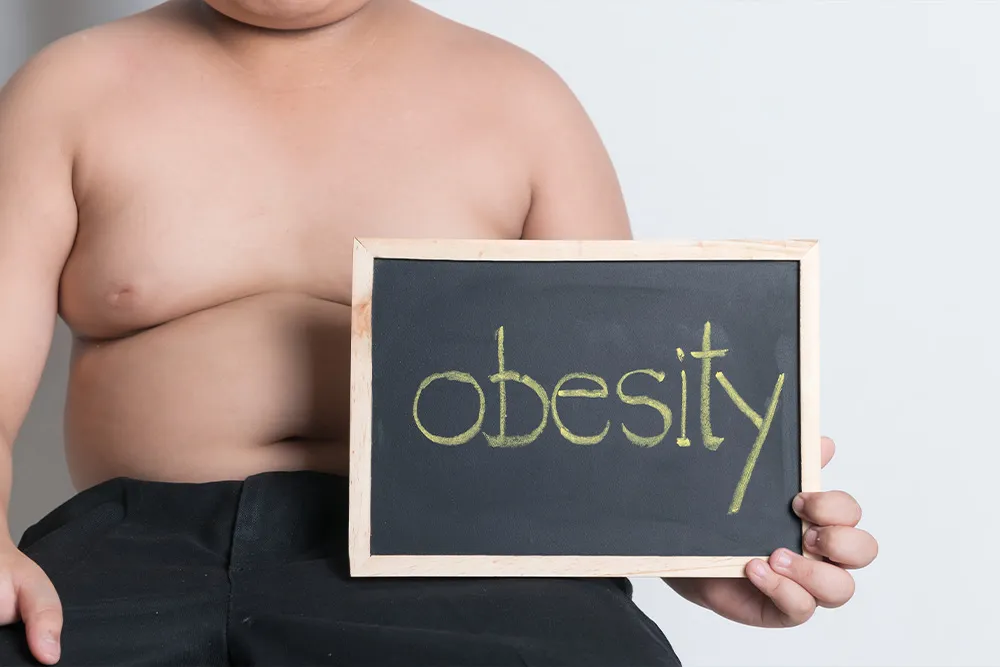Obesity is often said to be the last acceptable form of social prejudice, and most people with weight problems have experienced “fat prejudice” in one form or another. However, their complaints are often dismissed as exaggerated or unreliable, and there is a general attitude that their weight problems are self-inflicted. This attitude overlooks the complex nature of obesity and the profound impact that weight stigma has on individuals and society.
The Societal Impact of Obesity Prejudice

It isn’t just that being overweight attracts negative comments ; being obese has important societal effects well beyond unpleasant remarks. Obese individuals not only have to endure stigma but also tend to avoid healthcare services such as check-ups and screening programs. This avoidance can lead to a range of health problems going undetected and untreated, exacerbating the overall health crisis related to obesity.
Research on Weight Stigma
Two recently published studies compared the experiences of overweight or obese adults in Australia, Canada, France, Germany, the UK, and the US. The aim of this research was to establish the frequency of weight stigma in different countries and see how this stigma affected the individual’s willingness to participate in healthcare services. These studies involved almost 14,000 adults, all of whom were involved in an internationally available weight-management program (Weight Watchers). All subjects completed an online assessment that evaluated their own experiences of weight prejudice (including from health professionals) and their utilization of other health services.
Key Findings
- Prevalence of Weight Stigma: At least half (56-61%) of people in each country reported experiencing weight stigma.
- Sources of Weight Stigma: High percentages of participants experienced weight stigma from family members (76%-88%), classmates (72%-81%), doctors (63%-74%), co-workers (54%-62%), and friends (49%-66%).
- Timing of Stigma: Weight stigma experiences were most frequent in childhood and adolescence, with associated anxiety and distress highest during these periods.
- Healthcare Avoidance: Across all six countries, those with higher levels of self-blame for their weight were more likely to avoid healthcare professionals, obtained less frequent check-ups, and perceived their healthcare quality to be lower.
These findings are stark and worrying, especially considering that family and friends are often expected to be supportive. The fact that doctors also show a high prevalence of negative attitudes towards overweight or obese patients is not surprising. Numerous studies have documented this issue, and it reflects poorly on the medical profession.
The Long-Term Consequences of Weight Stigma
Weight stigma is a highly damaging form of prejudice that starts in childhood, persists throughout life, and has extremely negative long-term consequences. The psychological impact of being stigmatized for one’s weight can lead to anxiety, depression, and a host of other mental health issues. Additionally, the avoidance of healthcare services due to stigma can result in untreated conditions, further harming individuals’ physical health.
Understanding Obesity: Beyond Self-Infliction
Despite a widespread belief to the contrary, obesity is not simply a self-inflicted problem caused by overeating and a sedentary lifestyle. It is an extraordinarily complex issue involving energy balance and appetite regulation, with prominent genetic, environmental, behavioral, and cultural factors. Obesity has serious health and psychological consequences in its own right, without adding layers of entirely unjustified prejudice for the overweight to deal with.
The Role of Society in Combating Obesity Prejudice
Those with chronic weight problems need our help and understanding, not intolerance born of ignorance. As a society, we must recognize the complex nature of obesity and work towards creating a more supportive and inclusive environment for individuals struggling with their weight. This includes:
- Education: Raising awareness about the multifaceted causes of obesity and the harmful effects of weight stigma.
- Healthcare Training: Ensuring healthcare professionals are trained to provide compassionate and non-judgmental care to patients of all sizes.
- Support Systems: Creating support systems within families, schools, and workplaces to foster a more positive and accepting attitude towards individuals with weight issues.
- Policy Changes: Advocating for policies that protect individuals from weight discrimination and promote equitable access to healthcare services.
Conclusion
Obesity prejudice is a pervasive issue that has far-reaching effects on individuals’ physical and mental health. Recognizing and addressing the stigma associated with obesity is crucial in creating a more inclusive and supportive society. By understanding the complex nature of obesity and working together to combat weight prejudice, we can help those struggling with weight problems lead healthier, happier lives.
If you or someone you know is dealing with obesity prejudice, it’s important to seek support from healthcare professionals who understand the complexities of weight management and can provide compassionate care. Together, we can challenge the misconceptions and biases surrounding obesity and promote a more inclusive and understanding society.











